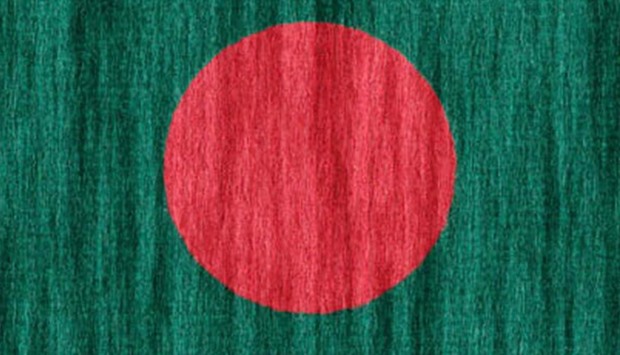Bangladesh’s foreign exchange reserves hit a record $32.09bn at the end of December, the central bank said yesterday, up $720mn from the previous month.
The reserves were sufficient to cover about nine months’ worth of imports, and are $4.6bn higher than a year ago.
Steady garment exports and remittances from Bangladeshis working overseas, the key drivers of the country’s more than $200bn economy, have helped build reserves in recent years.
Bangladesh’s inflation rate eased for the second straight month in December, the planning minister said, as prices of food and other items rose at a slower pace.
Consumer prices in December rose 5.03% from a year earlier, slowing from an increase of 5.38% the previous month, Mustafa Kamal told a news conference.
In October, consumer prices climbed 5.7 percent from a year earlier, driven by an increase in food prices.
Annual food inflation in December inched lower to 5.38% from 5.415 the previous month, while non-food inflation dropped to 4.49% from 5.33%.
Average inflation was 5.92% in the 2015-16 financial year that ended in June, the lowest in 12 years, largely due to a sharp drop in global commodity prices and good agricultural output in the South Asian country of 160 million people.
The government aims to hold inflation at 5.80% this financial year.
In January 2016, the central bank cut its key interest rate by half a percentage point for the first time in nearly three years as easing inflation gave it room to help spur economic growth.

BANGLA
